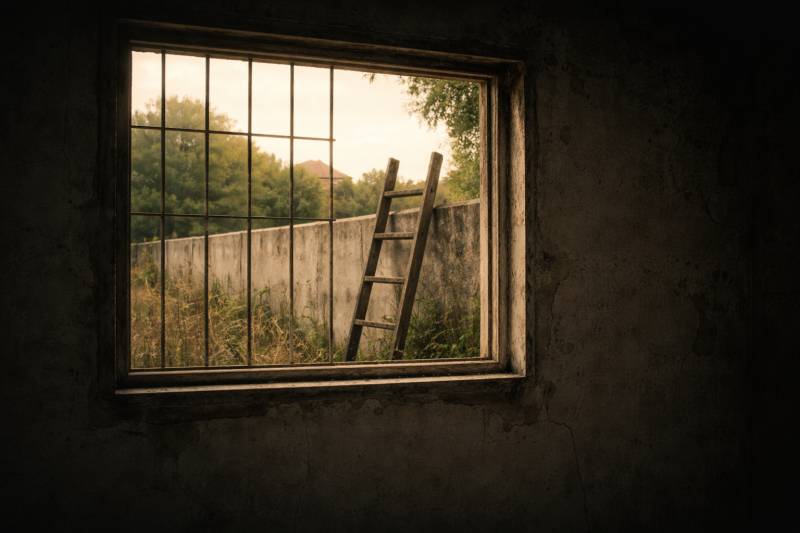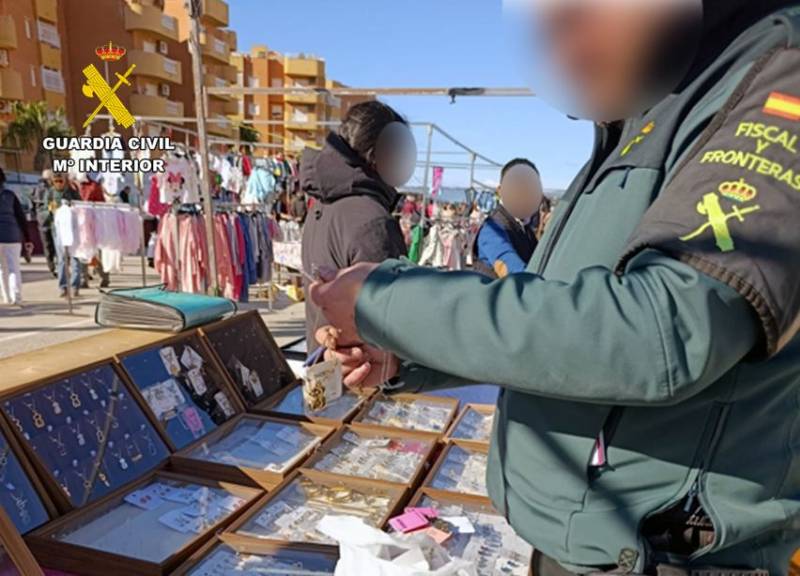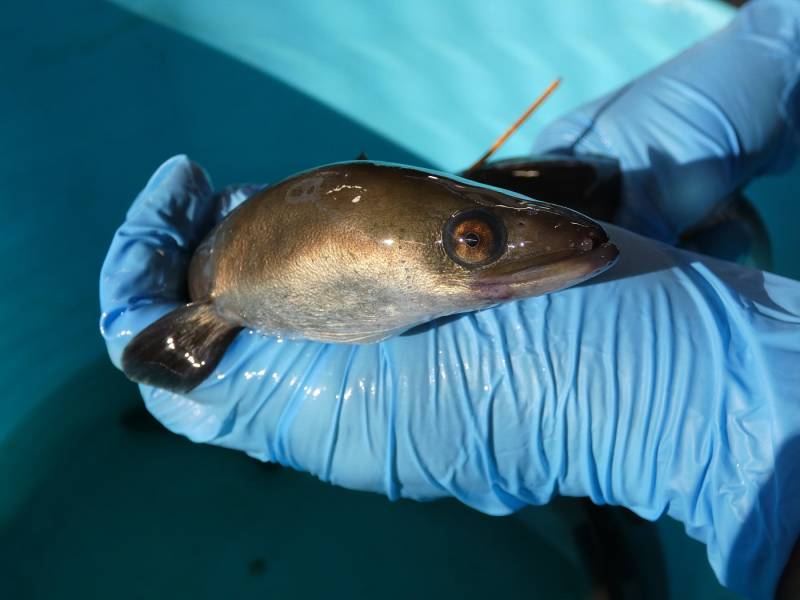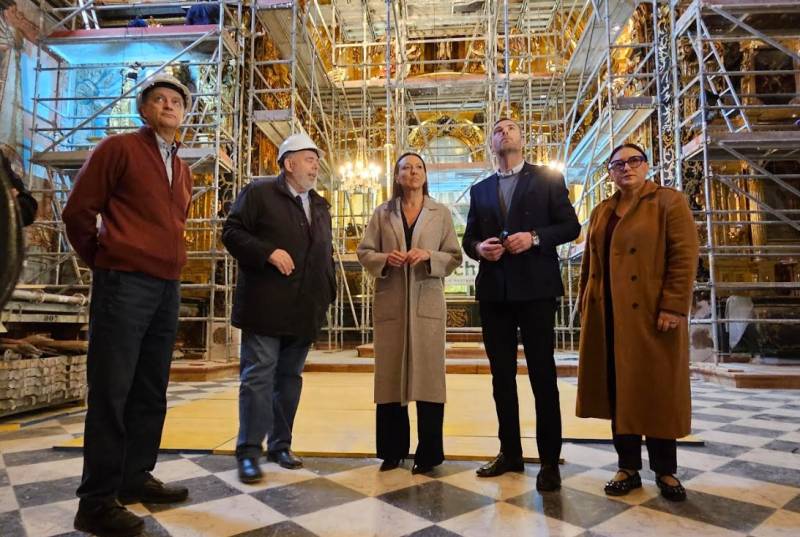

Guidelines for submitting articles to Santa Rosalia Today
Hello, and thank you for choosing Santa Rosalia.Today to publicise your organisation’s info or event.
Santa Rosalia Today is a website set up by Murcia Today specifically for residents of the urbanisation in Southwest Murcia, providing news and information on what’s happening in the local area, which is the largest English-speaking expat area in the Region of Murcia.
When submitting text to be included on Santa Rosalia Today, please abide by the following guidelines so we can upload your article as swiftly as possible:
Send an email to editor@spaintodayonline.com or contact@murciatoday.com
Attach the information in a Word Document or Google Doc
Include all relevant points, including:
Who is the organisation running the event?
Where is it happening?
When?
How much does it cost?
Is it necessary to book beforehand, or can people just show up on the day?
…but try not to exceed 300 words
Also attach a photo to illustrate your article, no more than 100kb

Spanish gas scams: the facts
Gas inspectors, is this a scam?
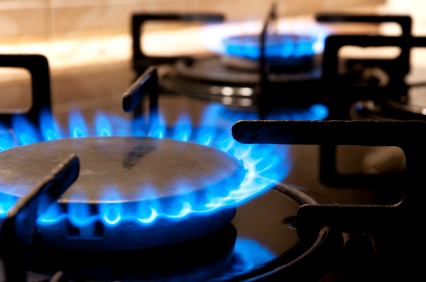 A local reader asked us to verify if the company who charged her elderly mother 140 euros for changing the gas fittings on her cooker and boiler was legitimate or if she had been ripped off by unscrupulous fraudsters.
A local reader asked us to verify if the company who charged her elderly mother 140 euros for changing the gas fittings on her cooker and boiler was legitimate or if she had been ripped off by unscrupulous fraudsters.
The answer to which is yes and no.
Maintaining your gas installation.
Gas products are available in 3 main forms: Bottled gas, Bulk liquid gas and piped gas.
Gas bottles can be obtained from service stations or distributors, by providing a photocopy of your ID card (DNI) or, for companies, a photocopy of the latest I.A.E. (tax) receipt. In the case of a new home, a photocopy of the certificate of occupancy or the equivalent document required by the autonomous communities.
However, second hand gas bottles are frequently offered for sale at boot fairs etc, and so many expats acquire gas bottles without having the legal contract relating to their use.
For bulk liquid gas installations, an installation certificate from a legally certified plumber will be necessary in order to obtain the gas supplies.
Current legislation states that fixed gas installations must be checked every 5 years. ( See Royal Decree 1085/1992, of 11 September, which approves the Regulation of the Distribution Activity of Liquefied Petroleum Gases.)
The intention of the law is to ensure that fittings which could degrade, such as rubber gas pipes and gas connections are safe for the user and their family. By insisting that degradable rubber fittings are inspected, the aim is to minimise the risk of accidents.
The user ( ie you) is responsible for ensuring that a gas installation company authorised by the Ministry of Industry performs these inspections, so if you use an unauthorised inspector and an accident subsequently occurs, then you will be held responsible for your decision. This is very important, not only to avoid the possibility of being ripped off, but also to ensure that any equipment installed by unauthorised fitters is up to standard.
Although insurance policies do not directly mention the use of authorised fitters in their policies, they do clearly state in standard contents insurance policies that the policy holder is responsible for the maintenance of their property and claims made due to accidents which occur through lack of maintenance will not be accepted. In the event that an insurance claim is made relating to a gas appliance it may be important to be able to prove that your appliances have been checked, according to the stipulation of the law, ie every 5 years.
By law, all gas fittings for static installations on cookers, gas boilers and central heating systems must be inspected by authorised inspectors every 5 years.
Gas fittings on items such as portable gas heaters, barbeque units and portable cooking appliances do not need to be inspected, although it is advisable to change the degradable rubber elements every 5 years.
Who are the authorised gas inspectors?
The two major gas distributors Repsol and Cepsa are the safest options for expats, but both are happy for you to use authorised gas inspectors. The Department of Industry of your local regional government will be able to supply a list of all authorised gas inspectors working in your area, but for non-Spanish speakers this can be a difficult operation.
The two easiest ways of finding authorised distributors and maintenance professionals is either to ask the local vendor of gas ( perhaps your local petrol station or local shop who sell gas bottles) for details of the licensed local distributor who supplies them, or look on the web site of the gas provider , ie Repsol or Cepsa.
Gas distributors are only licensed to work within a specific area, so the inspector who visits your friend in a nearby town may not be legally authorised to visit you. Each area will have only one legally authorised distributor for each major company. The distributors are also licensed for maintenance inspections.
Navigating the main distributor sites, even though they are in English, can be traumatic, so this link goes directly to the supplier search for Repsol.
(Link path- www.repsol.com, then solutions for your home click more information, then Gas butane and propane, then yelllow box our products, then products which is right at the bottom on the right hand column, then bottled gas which is right at the bottom of the text, then Agency locator which is right in the middle of the block of text near the words relating to maintenance. )
https://www.repsol.com/SA/Herramientas/BuscadorAgenciaButanoypropanoEnvasado/buscadordistribuidores.aspx
NB. Type in a region or province, then type in the name of your town and press search. The town box will then show all the variations on your town name nationwide and you have to select the right one.
Alternatively, call customer services for help:
CEPSA 902 100 224 Emergencies (24 hours per day)
CEPSA 902 416 416 Customer helpline
Repsol 901 12 12 12 Emergencies (24 hours per day)
Repsol 901 100 100 Customer helpline
Official inspectors
The major companies, ie Repsol and Cepsa will offer two levels of service: the basic maintenance service for customers who want a compulsory Official Inspection, or a full maintenance service.
An authorised Repsol one-off inspection visit will cost around 78 euros plus materials.
A Repsol authorised maintenance visit will be PRE-BOOKED and an official Repsol representative will never turn up at your door without prior arrangement. There are scammers who claim to be from Repsol, but unless a visit has been booked, DO NOT ADMIT THEM TO YOUR HOME.
All installations using pipe gas will automatically be subject to a 5 year inspection following installation.
Repsol say “Repsol Butano sends a card to each of its customers 5 years after the last inspection was performed. Subsequently, one of our Official services contacts each customer to offer this service and set a date if the customer wishes to carry out the inspection. However, those who wish to carry out an inspection on their installation need not wait to receive this notice. You may request it by calling our Customer Care Service on 901 100 100.”
Other inspectors.
There are companies legally licensed to carry out inspections, but these are privately run inspection services, and are known to be more expensive. The consumer services office warned us that these companies use cold calling techniques to canvas for maintenance contracts and can be quite forceful in their tactics.
There are also illegal scammers who masquerade as legal inspectors. Both of these groups will be uniformed, carry official identity badges and have official paperwork. The illegal scammers will carry out the correct checks , but will charge extortionate fees, and there is also the risk that they may be robbers as well.
You are under no obligation to admit these people to your home . Do not allow yourself to be bullied into allowing them in.
If they ask to see your maintenance certificates, tell them you have a contract with Repsol/ Cepsa and you do not require their services. Be firm.
The reader who contacted us said her mother had been threatened with a denuncia if she did not have the correct certificates and did not admit the inspectors to inspect her gas fittings. These men cannot denounce you, although if your appliances have not been checked for 5 years it is advisable to ask an official inspector to do so in order to comply with the law.
Accessories.
The scammers make their money by charging over the top prices for the accessories they replace. Our reader was charged 12.50€ to replace a pipe: the pipe was valued at 1.70, plus the charge of 10.80 for fitting it. These pipes are on sale in the local hardware store for 1.97€.
She was also charged 14.19€ for a regulator, plus 10.31 fitting charge, total 24.50€ for a regulator which costs 8 euros in a local hardware store. Replacing the pipes took a couple of minutes.
Looking at the paperwork she gave us, she has also signed a maintenance contract with the company who came to her door, authorising them to come back to her and carry out another maintenance check, at a cost of 40.70€ A YEAR. In order to cancel the contract, she must now write to the company, and attach a copy of her DNI to cancel.
This is the biggest scam of all. She doesn´t need an annual maintenance contract. She only needs a 5 yearly inspection, so will pay through the nose, having signed a contract with this company.
And she’s lucky, as this is a genuine heavy armed maintenance company, not a scammer. Had it been a bogus gas maintenance company, she could have paid out 300 € not 140€.
All of the accessories relating to gas bottles can be purchased from hardware stores and it is advisable to change all perishable pipes and fittings, even on gas heaters, every 5 years. Pipes have a recommended replacement date clearly printed on them in black. Although its not advisable to start messing about with gas pipes if you don´t know what you´re doing, hoses and fittings can be replaced by yourself if necessary,and then checked by an authorised installer.
Other crime related to bogus gas inspectors.
There have been reports in the Spanish press about the practise of using the excuse of gas inspections to enter a house and then robbing the occupant. This is, unfortunately, something which is happening with increasing frequency due to the economic situation. The same applies as above. If you do not have a contract with a company, or an appointment for an inspection, do not admit them to your home.
Our reader’s mother, a lady in her late 60’s, said she had no money in the house, and allowed these two inspectors, who she has never met before, to accompany her to the cashpoint to withdraw 140 euros to pay them. Yes, honestly! She is so lucky that this was a legal company, not a pair of scamming thugs who could have forced her to draw out more money when she got to the cashpoint.
So, to summarise.
If you have fixed gas appliances, they must be inspected every 5 years.
Use an AUTHORISED INSPECTOR ONLY.
If you do not have a maintenance contract to your knowledge, or do not know the person requesting admittance to your home, DO NOT ADMIT THEM.
If they claim that they have a maintenance contract with you, and you have no knowledge of this, ask them to provide a signed copy of your contract. If you have any doubts, take the paperwork you are given to your local OMIC office, or consumers office, which can be located via your local Town Hall and do not admit them to your premises until you have verified their validity.
They may claim they have a contract with you to force you to admit them so that they can charge for a visit and replacement parts, which you may or may not need.
Share this information with your friends and hopefully stop the scammers claiming another victim.
Additional Information: Transporting Gas Bottles
Repsol have said that only ONE bottle can be transported at a time by a private individual, as Spanish law only permits the transportation of 15 kilos of liquid gas in a private vehicle. ( their bottles are 12.5 and 11 kilos.)
This bottle must be transported in an upright position, in the passenger position within the vehicle, ( copiloto) and NOT in the backseat or the boot of the vehicle where it can roll around.
Repsol say that the law regarding transportation of gas bottles is clearly displayed on the cages in which they are held and at the points of distributor sale.
It is illegal to transport any loose items on the backseat of a vehicle, as they can roll around, fly off the backseat and cause injury to a driver in the case of an accident. Any goods being transported should always be in the boot.
Static information relating to the practicalities of living in Spain can be found in Murcia Lifestyle. Use the subject headings to search by subjects or the universal word search box at the top of the homepage to search for specific information. The less words typed in will narrow the search.










